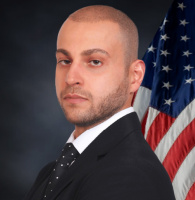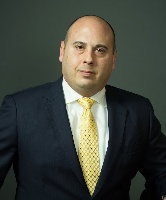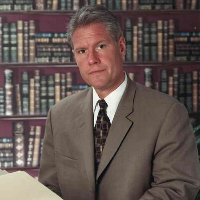Matteson Felony Lawyer, Illinois
Sponsored Law Firm
-
 x
x

Click For More Info:
-
Law Offices of Scott T. Kamin
53 W. Jackson Blvd Suite 1057 Chicago, IL 60604» view mapCriminal Defense & Felony If The Police Were Wrong, CALL SCOTT
My goal as your criminal defense lawyer is to help you minimize the consequences you face. I have extensive outside resources and an experienced staff on my side.
800-963-2980
Khaled Issa
Khaled Issa is a well-versed trial attorney with more than 10 years of legal experience. Knowledgeable in many areas of law, Attorney Issa concentrate... (more)
James Anthony Podgorny
James A. Podgorny is a sole practicing attorney, which means he will be the only attorney you will deal with at the firm. You will not be shuffled amo... (more)
Kristine M. Honiotes
Kristine Honiotes is a trial lawyer with over 12 years of experience. As a former Will County Assistant Public Defender, she defended all types of fel... (more)
James F. Diquattro
Our offices concentrate on practicing criminal defense for individuals facing charges of felonies and misdemeanors at both the state and federal level... (more)
Scott Thomas Kamin
✓ VERIFIEDSince 1995, the Kamin Civil Rights Group has helped people accused of crimes in courts from 2600 S. California to the Dirksen Federal Building, in mat... (more)
Hal M. Garfinkel
✓ VERIFIEDHave you been investigated for or charged with a serious criminal offense such as homicide, drug charges or a gun crime? Are you seeking experienced, ... (more)
Andrew M. Weisberg
✓ VERIFIEDThe Law Office of Andrew M. Weisberg is 100% dedicated to the practice of criminal defense in Chicago, Cook County and the neighboring suburbs. Mr. W... (more)
Vincent A. Luisi
Attorney Vincent A. Luisi, Jr. was born and raised in the Chicagoland Area. He attended Niles West High School located in the Northern Suburbs. He gra... (more)
Philip R. Nathe
After starting his career in the criminal courts of DuPage County as a clerk more than 30 years ago, Philip Nathe went on to become an accomplished at... (more)
Brett A. Appelman
In 2007, Brett Appelman established Appelman Law LLC with the mission of safeguarding and advocating for the rights of individuals accused of crimes. ... (more)
 Scott Kamin Chicago, IL
Scott Kamin Chicago, IL Practice AreasExpertise
Practice AreasExpertise












